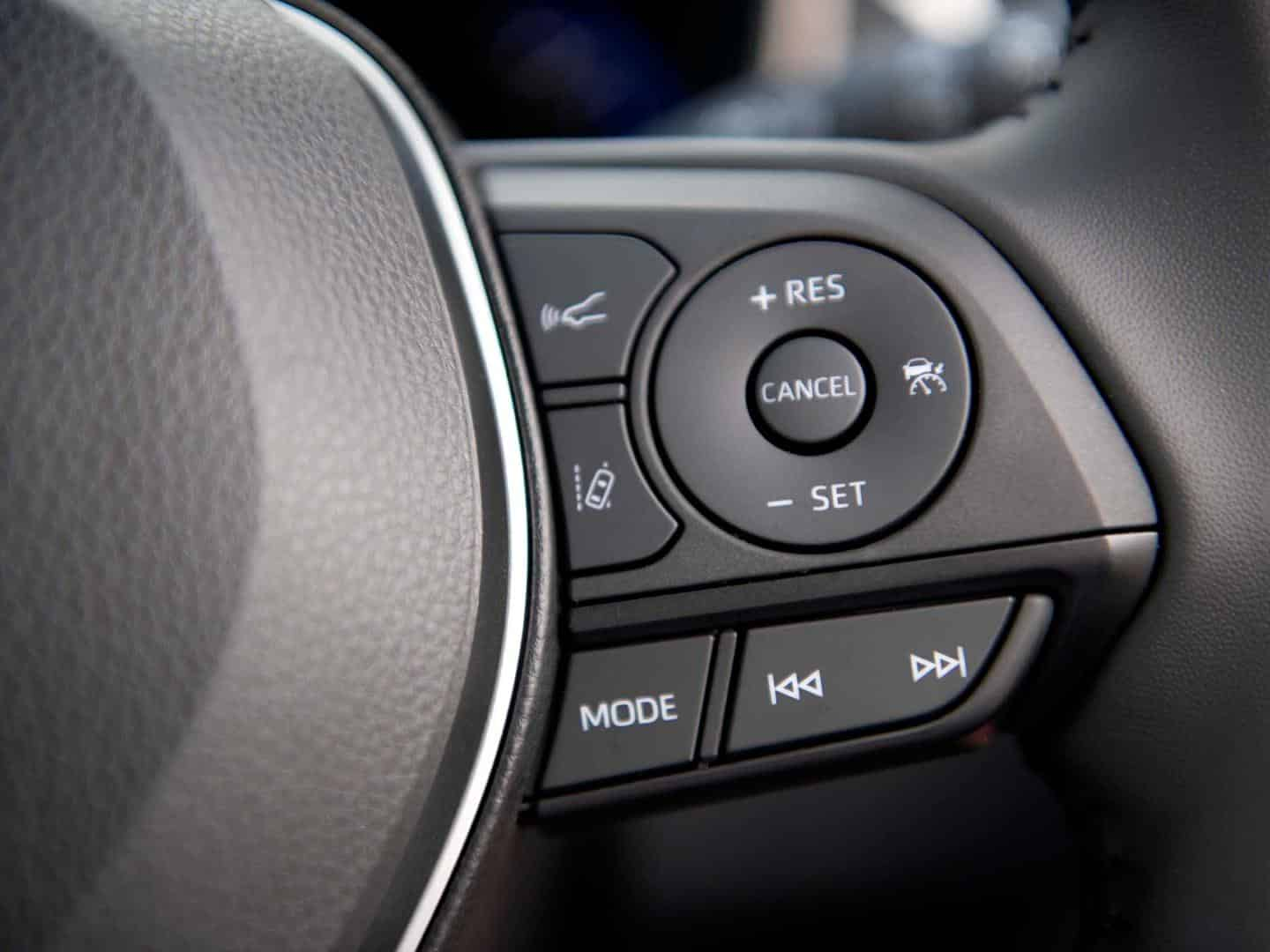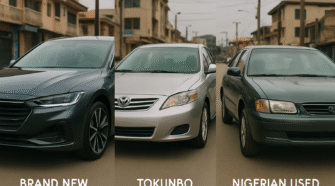

Is Cruise Control Good or Bad for Your Car’s Engine and Fuel Efficiency?
In today’s fast-paced world, cruise control has become a common feature in many vehicles, offering drivers the convenience of maintaining a set speed with minimal effort. However, there has been some debate surrounding the impact of cruise control, especially the adaptive variety, on a car’s maintenance, fuel efficiency, and overall performance. In this comprehensive article, we will delve into the various aspects of cruise control, its effects on fuel consumption, engine health, and safety considerations, providing you with a well-rounded understanding of this widely used automotive feature.
The Basics of Cruise Control
Cruise control, a feature available in most modern vehicles, allows drivers to set a specific speed for their car to maintain without constant manual throttle adjustments. It is particularly useful for long highway drives, where maintaining a steady speed can reduce driver fatigue and improve overall driving comfort.
Adaptive Cruise Control: A Laser-Powered Upgrade
While conventional cruise control systems simply maintain a preset speed, adaptive cruise control (ACC) takes things a step further by incorporating advanced technologies such as lasers and sensors. ACC can dynamically adjust a vehicle’s speed based on the distance to the vehicle in front, providing an added layer of safety and convenience. However, the increased complexity of ACC has led to concerns about its impact on a car’s maintenance and performance.
Debunking Maintenance Myths
One common misconception about cruise control, including ACC, is that it may lead to increased maintenance needs for your car. Some believe that frequent use of these systems can have adverse effects on the engine and transmission, as they share sensor inputs with the vehicle’s transmission.
Contrary to these concerns, using cruise control does not inherently harm your car’s engine or transmission. In fact, cruise control can be beneficial for your vehicle in several ways.
Fuel Efficiency Benefits
Numerous studies have examined the impact of cruise control on fuel efficiency. While the results may vary depending on driving conditions, a significant body of research suggests that using cruise control can lead to fuel savings.
One study found that engaging cruise control could result in up to a 20% reduction in fuel consumption compared to manual throttle adjustments. However, it’s important to note that the extent of these savings may vary. Cruise control tends to be most effective on level terrain and during extended periods of driving on highways or roads with consistent inclines or declines.
As your car’s speed increases beyond 50 mph, fuel efficiency can drop rapidly due to the increased drag and the need for frequent acceleration and braking. Cruise control helps maintain a more constant speed, preventing excessive acceleration and deceleration, which ultimately conserves fuel.
Additionally, adhering to posted speed limits on highways, made easier with cruise control, can boost fuel economy by up to 30%. This is particularly relevant on long journeys, where changing speed limits can catch drivers off guard and potentially lead to costly speeding tickets.
Engine Health: The Benefits of Reduced Manual Acceleration
Another advantage of using cruise control, especially on long drives, is the reduction in manual acceleration. When drivers frequently accelerate and decelerate, it places additional stress on the engine and transmission. Sudden and forceful acceleration from a standstill can be especially taxing on these components.
Cruise control eliminates the need for constant pedal manipulation, allowing the vehicle to maintain a steady speed. This can contribute to less wear and tear on the engine and transmission, potentially extending their lifespan.
However, it’s essential to exercise caution when using cruise control, as it may not be suitable for all driving conditions.
Weather-Related Concerns
While cruise control can be a valuable tool in various situations, it is crucial to exercise discretion, especially in adverse weather conditions. Cruise control systems are not equipped to adapt to slippery or hazardous road conditions, such as heavy rain or snow. In such situations, the driver should take control of the vehicle and rely on their judgment to navigate safely.
If your car’s wheels begin to slip while cruise control is active, the system cannot respond to these changes in traction as quickly as a human driver. This can lead to understeering or oversteering, potentially resulting in accidents. Therefore, it’s advisable to disengage cruise control when driving in inclement weather to ensure optimal safety.
Essential Safety Tips for Cruise Control Use
While cruise control can provide convenience and fuel savings, it is not a substitute for attentive and responsible driving. Here are some key safety tips to keep in mind when using cruise control:
- Stay Alert: Cruise control should never lead to complacency. Drivers must remain vigilant, keeping their eyes on the road at all times. Distracted driving is a significant concern, and using cruise control should not be an excuse to divert attention to phones or entertainment systems.
- Maintain Reaction Times: Overreliance on automated systems, including cruise control, can lead to slower reaction times in critical situations. Always be prepared to take control of the vehicle if necessary, as these systems may not anticipate every potential hazard on the road.
- Weather Awareness: Exercise caution in adverse weather conditions. Cruise control should be turned off when driving in rain, snow, or icy conditions, as it cannot respond to changing road surfaces as effectively as a human driver.
- Terrain Considerations: While cruise control is effective on level terrain and long stretches of road, it may not be as efficient on hilly or mountainous routes. Be prepared to make manual adjustments as needed to ensure a safe and smooth ride.
- Work Zones and Congested Areas: Avoid using cruise control in work zones or heavy traffic, as these situations require frequent speed adjustments and rapid changes in driving conditions. Automated systems may not respond quickly enough to ensure safety in such scenarios.
In conclusion, cruise control, including adaptive cruise control, offers several advantages in terms of fuel efficiency and reduced wear on your car’s engine and transmission. However, it’s essential to use these systems responsibly, remaining alert, and adapting your driving to changing conditions. When used wisely, cruise control can enhance your driving experience and contribute to safer and more fuel-efficient journeys.
Add a comment Cancel reply
Categories
- Biography (4)
- Car Reviews (31)
- Car Tips (53)
- Classic Cars (45)
- Net Worth (12)
- Transportation (19)
Recent Posts
Related posts


Top 5 Reliable Car Dealerships in Lagos: Your Ultimate Guide

How to Buy a Tokunbo Car in Nigeria Without Getting Scammed








